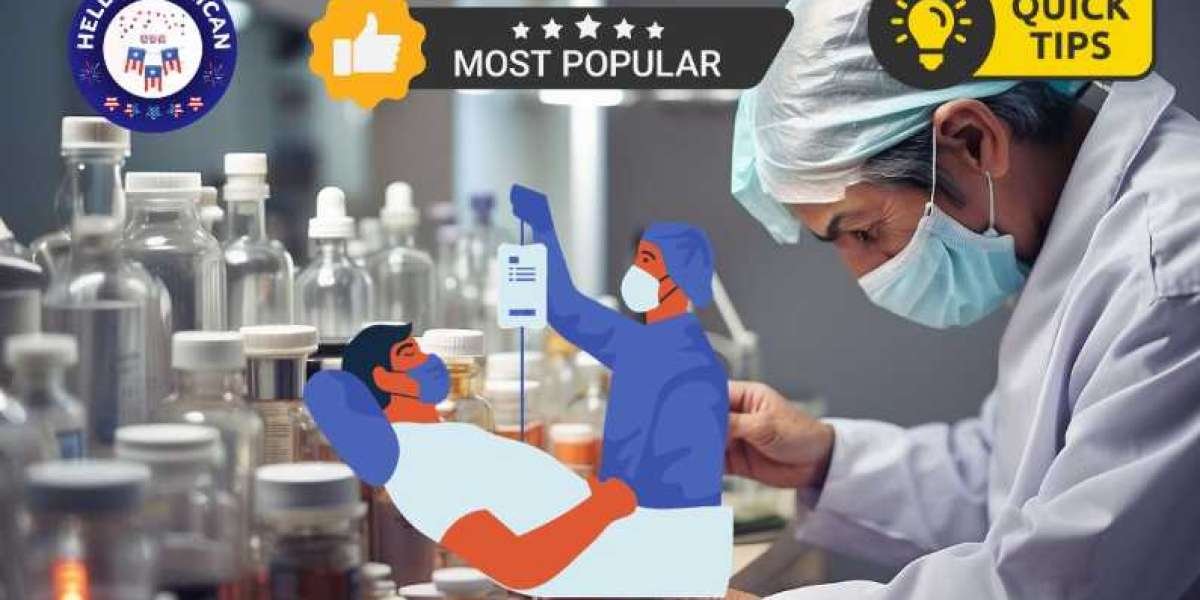In the current landscape of the ongoing COVID-19 pandemic, individuals find themselves facing uncertainties regarding the most suitable test to determine their COVID-19 status. The question echoes in the minds of many: What test should I get to see if I have COVID-19? Navigating through the array of testing options requires a comprehensive understanding of the available tests and their distinct characteristics.
One of the primary tests employed to diagnose active COVID-19 infections is the Polymerase Chain Reaction (PCR) test. This molecular diagnostic test detects the genetic material of the SARS-CoV-2 virus and is renowned for its high accuracy. If you are seeking confirmation of a current infection, the PCR test is a reliable choice. It typically involves the collection of nasopharyngeal or throat swab samples, and the results are obtained through laboratory analysis.
For those who prioritize swift results, the rapid antigen test offers a quicker turnaround time compared to the PCR test. Rapid antigen tests detect specific proteins on the surface of the virus and are suitable for immediate screening. However, it is essential to note that these tests may have lower sensitivity, particularly in individuals with lower viral loads. If time is of the essence and you need quick results, the rapid antigen test may be a suitable option.
Navigating uncertainty also involves considering serological tests, commonly known as antibody tests. These tests do not diagnose active infections but rather detect the presence of antibodies produced in response to a past infection. If you are curious about whether you have been previously exposed to the virus and developed an immune response, an antibody test may provide valuable insights.
Choosing the right test depends on various factors, including the presence of symptoms, the urgency of results, and the purpose of testing. If you are experiencing symptoms associated with COVID-19, such as fever, cough, or shortness of breath, a PCR test is recommended for accurate diagnosis. On the other hand, if you require rapid results for immediate decision-making, a rapid antigen test may be more suitable.
It is crucial to adhere to testing guidelines and follow any recommendations from healthcare professionals or testing facilities. Timely result reporting is vital not only for personal decision-making but also for contributing to public health efforts in controlling the spread of the virus. Individuals should be aware of the typical turnaround time for results based on the chosen test.
In conclusion, navigating uncertainty about COVID-19 status involves making informed decisions about the type of test to undergo. Whether opting for the precision of a PCR test, the speed of a rapid antigen test, or the insights from an antibody test, individuals play a crucial role in the collective effort to curb the spread of the virus. By understanding the nuances of each test and considering individual circumstances, individuals can make informed choices to safeguard their health and contribute to the broader public health goals.








